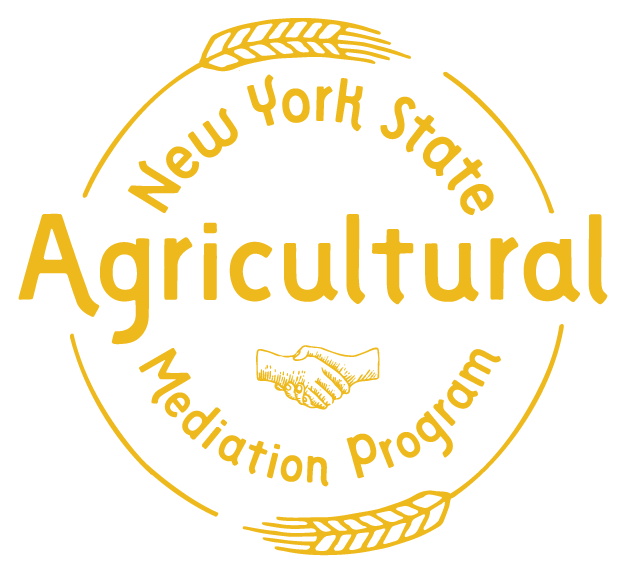Getting Started
WHAT WILL HAPPEN?
A mediator guides the process so that everyone may be heard and understood. They ensure that each participant has the opportunity to explain their own views without interruptions.
The mediator will help clarify the opinions and ideas that participants are expressing, work to identify underlying problems and assist the group in highlighting the most important questions.
In mediation, the people who are directly involved make the decisions.
HOW WILL I PREPARE?
Think about what you want to accomplish. Gather information that may be helpful.
Make a list of the most important facts, questions and ideas for plans or solutions.
Consider what the other participant(s) might be thinking and what they might want.
What if we can’t work it out?
There can be positive outcomes from mediation sessions even when there is no agreement- including increased understanding between participants.
If it becomes clear that no agreement can be reached and additional sessions will not be helpful, then the mediation is closed. Mediation does not prevent participants from using other means to address disputes.
WHEN TO RECOMMEND US
Interpersonal or financial problems are likely to threaten the viability of the farm.
The conflict is emotional, complex and escalating.
Your personal or professional position limits your ability to intervene.
A conflict management consultant would be perceived as neutral and fair.
With NYSAMP, the referral process is simple and the assistance provided is prompt, flexible and personalized.
NYSAMP services are not appropriate in situations involving domestic violence or other threats to physical safety, or if people are not able to negotiate freely on their own behalf.

